From Writer to Author to Publisher to Marketer
Today’s guest post is from Book Designer and blogger Joel Friedlander, and this content originally appeared on his website The Book Designer on May 11, 2012. Since self-publishing often feels like a daunting juggling act of roles, I felt this would be a great post to share. Joel was kind enough to allow me to repost this great information, so here it is!
One of the amazing things that happens when you start self-publishing is a certain kind of evolution. Almost all self-publishers start off as writers, of course. But it’s what happens next that’s really interesting. Follow along here and see what you think.
The Writer
It’s amazing to read the biographies of writers and hear their stories of how they started writing at age five or wrote a novel at age ten. It’s not true for all writers, but there’s some kind of impulse that makes otherwise rational people take valuable time out of their day to wrestle out the stories or ideas or teachings or whatever it is that they are compelled to write.
Because it really is compulsion for many writers. Others take to it more casually, but we all spend time learning how to communicate with this deceptive tool of written language.
A lot of the life of a writer is lived in . . . solitude.
Look, there’s really no replacement for the time it takes to learn to craft a decent sentence, or to create a persuasive argument. Writing is solitary by its nature, and a lot of the life of a writer is lived in that solitude. A writer who works as a professional, whether full time or part time, is also engaged in the business of writing, with being accepted or rejected for publication, with agents and editors. All these activities take place in the wider world, and naturally develop a different side of the writer’s life.
The Author
It’s easy to see that a writer is simply someone who writes. But then who is an author?
I suppose in a general sense there’s not much difference between the two. But for me, an author is a person who has written a book. Now, when you’ve written a book—become an author—usually you’re intending to publish that book. Most books are written for publication of one kind or another; there’s not much incentive for authors to write a book they don’t intend to publish, is there?
It may be a very private or small-circulation publication, but even then the author will need to produce copies and distribute them to other people. So I connect the idea of being an author with publishing the work you create. You might take any one of many paths to reach your goal of publication, but the goal remains the same.
The author has a public face in the world. That means that authors also have a business capacity, the necessity to deal with agents and editors, with the finances and tax implications of earning income from your writing. But the big difference, for me is that the author almost always has a public face in the world, while a writer might remain completely private, if they choose.
The Publisher
And by that I mean the self-publisher. Writers turn to publication to reach their goals, becoming authors in my little evolutionary scale. Taking control of your own book publishing boosts you to a new level. Becoming a self-publisher requires a leap much larger than going from being a writer to an author.
As a self-publisher you become concerned with lots of stuff that has little to do with writing or being a published author. Book manufacturing, distribution, discoverability, and design all become important in a new way. You create a company structure of some kind. Publishers make contracts with freelance publishing professionals, learn to write press releases, and start to study pricing and other publisher-specific kinds of tasks.
The skill set required to go from author to self-publisher will prevent many writers from making this leap. Already you can see that the skill set required to go from author to self-publisher will prevent many writers from making this leap. Their path will be different than yours, and that’s perfectly okay. For most authors, becoming self-publishers will also push them into social media, or increase the time and energy they spend on social media sites.
But there’s still one more step to take.
The Marketer
Many writers operate quite well as observers of the world around them who bring lessons back from their observations. For an author, a place has been created in the world by their writing, and that has an influence on other people. The publisher has the capacity to create real products from her own stories and ideas and industry, and to build a business from them.
But the marketer is in touch with people who will be the ultimate users of the publisher’s products. The marketer understands their hopes and fears, their dreams and nightmares. The marketer closes the loop of the whole writing-publishing enterprise. By connecting the skill of the author to the needs of readers, the marketer closes the loop of the whole writing-publishing enterprise.
In a way, writers need readers and become authors to find them. Now, authors can become publishers to create and deliver their books to readers through entirely new forms of distribution.
But publishing, by itself, simply isn’t enough to allow most books to reach their potential. Almost by force of circumstance, successful self-publishing will require us to become marketers, in one way or another. The internal world of the writer has evolved into the market-focused world of commerce. It’s quite a challenge to keep them all going. How do you do it?
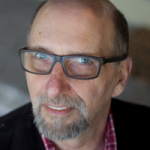 Joel Friedlander is a self-published author and award-winning book designer who blogs about book design, self-publishing, and the indie publishing life at TheBookDesigner.com. He’s also the proprietor of Marin Bookworks, where he helps publishers and authors who decide to publish get to market on time and on budget with books that are both properly constructed and beautiful to read. He also is the author of A Self-Publisher’s Companion: Expert Advice for Authors Who Want to Publish and the founder of the online training course The Self-Publishing Roadmap. Follow Joel on Twitter here.
Joel Friedlander is a self-published author and award-winning book designer who blogs about book design, self-publishing, and the indie publishing life at TheBookDesigner.com. He’s also the proprietor of Marin Bookworks, where he helps publishers and authors who decide to publish get to market on time and on budget with books that are both properly constructed and beautiful to read. He also is the author of A Self-Publisher’s Companion: Expert Advice for Authors Who Want to Publish and the founder of the online training course The Self-Publishing Roadmap. Follow Joel on Twitter here.


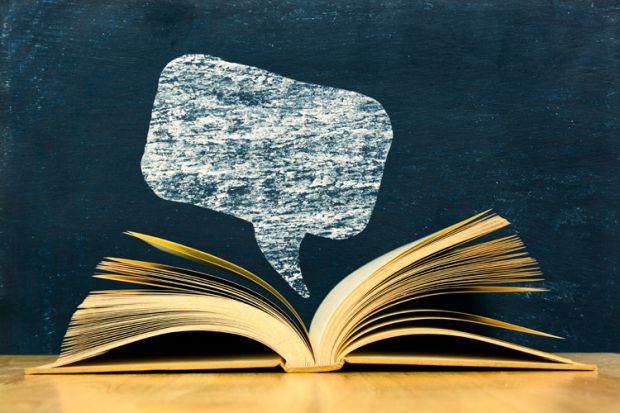

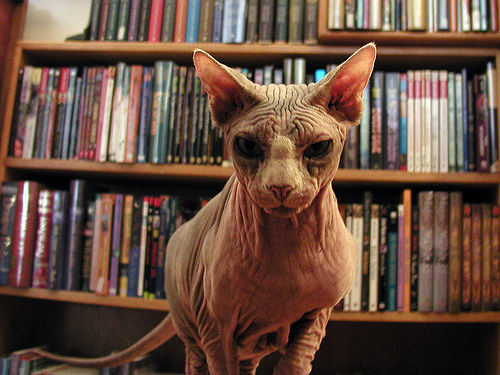
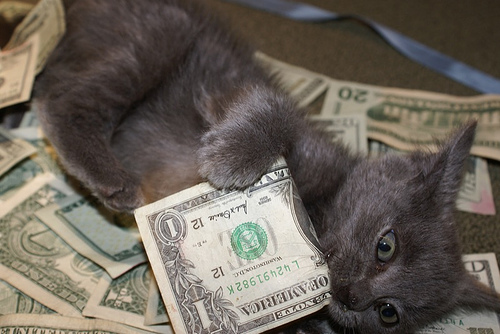
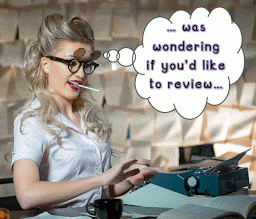





Excellent summary of the roles and stages the writer-author progresses through. I’m very interested in Joel’s references too. Thank you!
There is a saying that in science you have creativity, management of production, and marketing. Nobody is good at all three because they have contradictory personality requirements. Something to think about?
Ian, that’s very true, and not every writer is equally adept at these different roles. However, there is so much freelance help very available online these days that it makes sense to only focus on the parts you are better at and which you enjoy, and outsource the rest as much as possible.
It needs to be highlighted over and over again that, creating your “magnum opus” is technically the easy part.
You then have to go through the processes if yoou want everyone to know just how great your work is.
I truly enjoy each and every role of self-publishing, from the creative process of writing to putting the book together – formatting, layout, planning distribution – and marketing, since that was a big part of my previous career. The biggest problem most of us face, I believe, is finding time to do all these things successfully and still have a life!